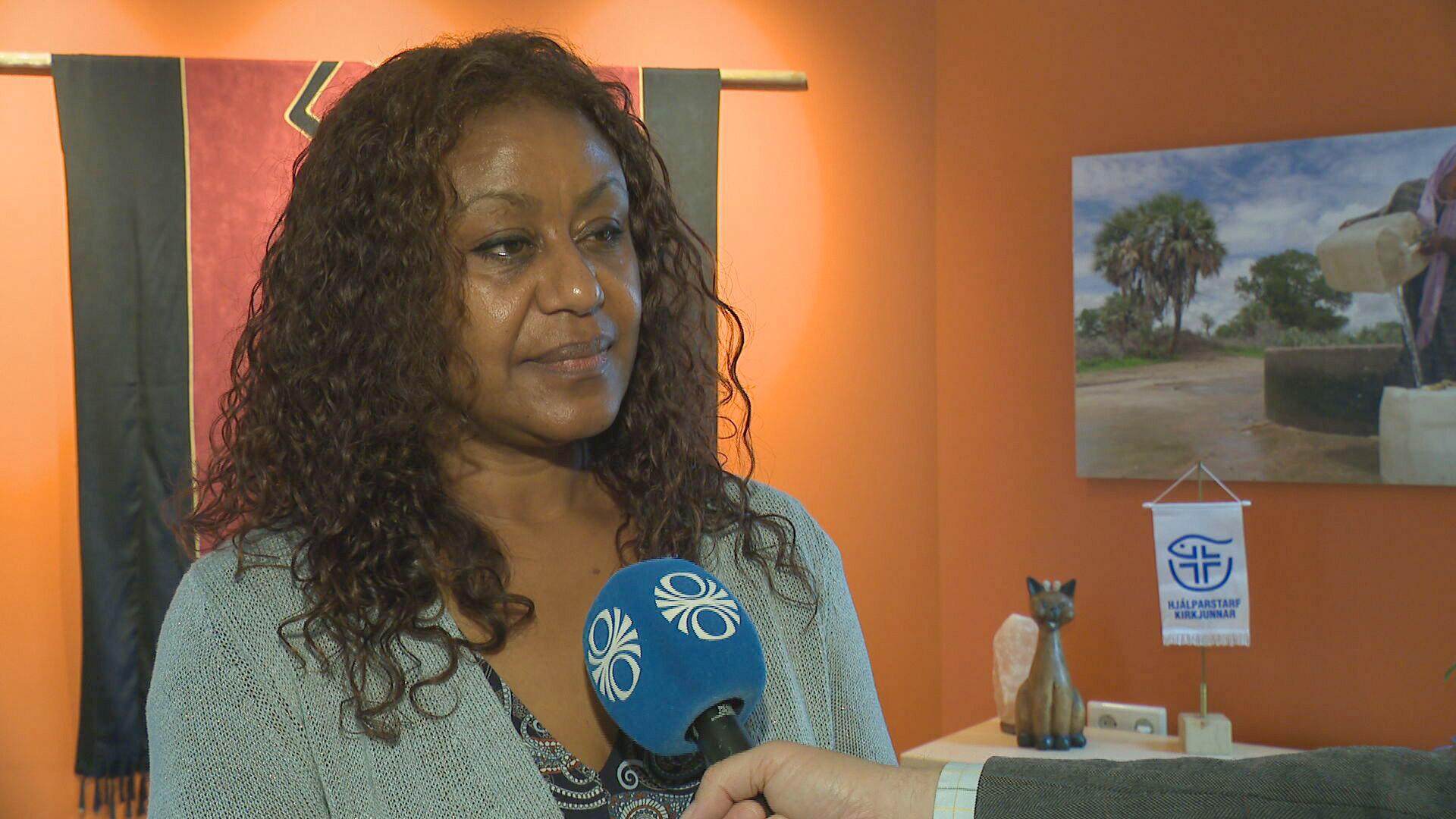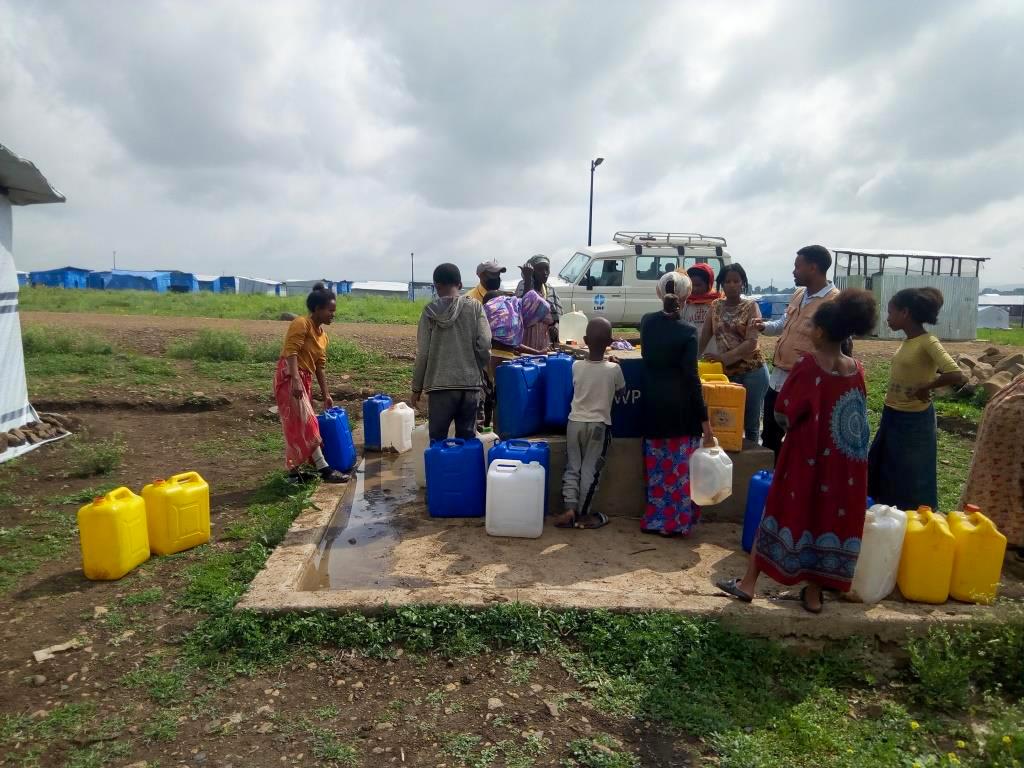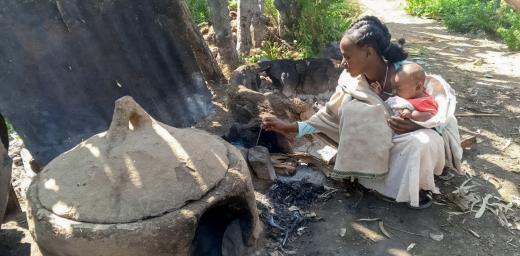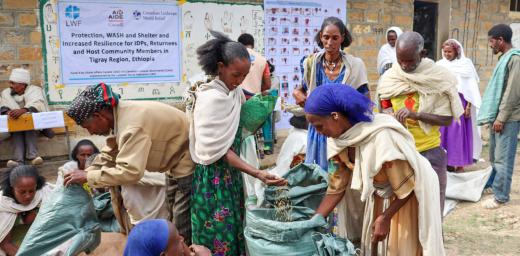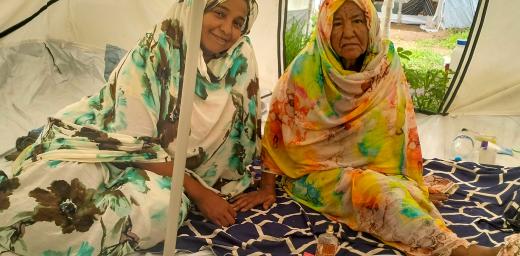LWF Country Representative interview with Icelandic National Broadcasting Service
Conflict and drought
Since the end of August, when the five-month humanitarian truce declared by the Ethiopian Government was shattered, no aid has been able to reach people in Tigray. Gebreyes says the situation in Tigray is grave. "‘Essential services such as banking and telecommunications have not been restored and no food is arriving since the re-escalation of the conflict."
Gebreyes added this also applies to the hospitals in Tigray. "People die who normally would not have to die. The hospitals are missing very basic supplies. People die because of lack of medicine, lack of oxygen."


